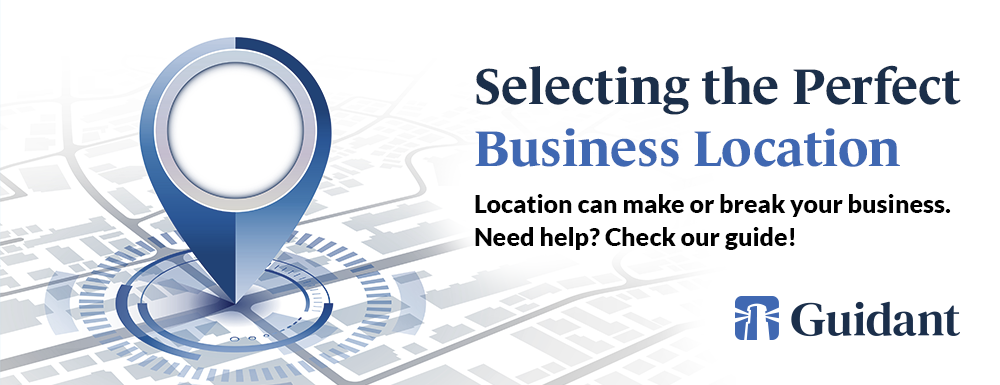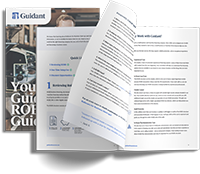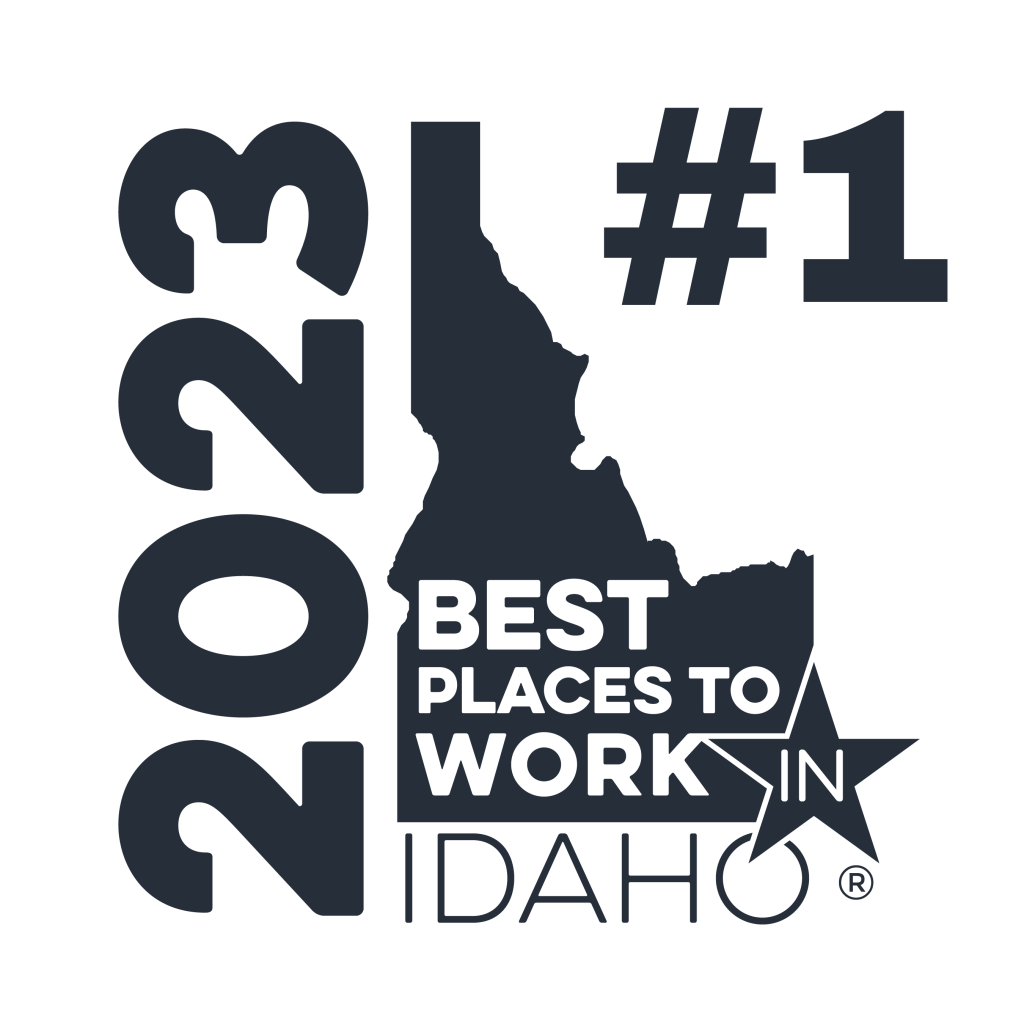Where you set up shop can be as important as what you’re selling. As a business owner, it becomes a balancing act between costs and benefits: How much foot traffic goes by the location? Will the location influence employee applications? Can you match the wages of the surrounding business community? Is it easily accessed by public transportation?
And the dreaded question: How much does it cost per square foot?
To help lead you through these considerations and more, we compiled a detailed guide. When you’re done reading, you can feel confident you have the information to choose the best location for your small business to thrive.
Do I Even Need a Business Location?
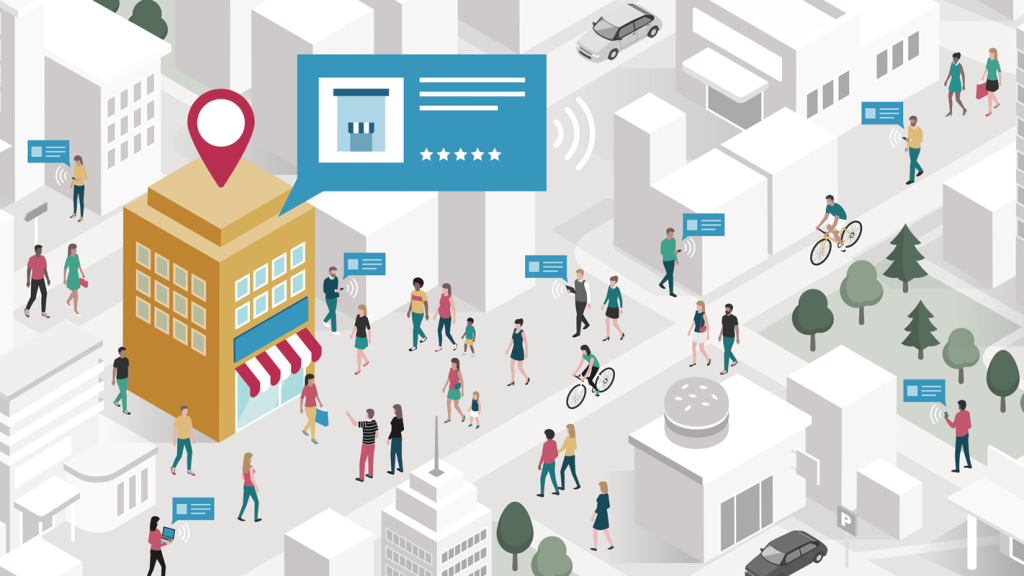
By now, you probably know that you need some kind of business environment as a home base from which to provide your products and services. But if you haven’t thought about it yet, it’s time to do so now. Are you a freelancer or independent contractor working under a sole proprietorship? If so, you may just need a business address to put on your business license application. If that’s the case, there are alternative solutions instead of buying or renting property, like co-working spaces or P.O. boxes. Those are usually sufficient for a business mailing address.
Real Estate Basics: Search Solo or Hire a Pro?
Okay, so you do need a separate business environment from your home, and it has to be more than a business address. The first question is whether or not you’d like to hire a realtor. Similar to shopping for a new home, hiring a realtor is ultimately your decision. Consider how well you know the area and how secure you are in your basic commercial real estate knowledge. If you’re unaccustomed to real estate, a realtor may be a smart idea. If the expense of a realtor is out of the question, be sure to brush up on the rules and regulations of real estate before trying a DIY approach.
Let Your Business Be Your Guide
Before you begin looking at properties, consider the features your small business needs. If you need a small office with storage space in the back, you’ll look for a building that can accommodate that requirement. If you’re selling food, you’ll certainly want a kitchen space. Working with chemicals in a warehouse? Find a building with new ventilation to ensure the system is thorough and up to code. Even if you’re looking for simple office space, you need to consider your employee needs, too — are there any decent restaurants nearby?
The key takeaway here is that your business needs and operations should drive your decision-making process.
Area Considerations
Wouldn’t it be convenient to choose a business location close to home? It would certainly shorten your commute and make your life easier. Unfortunately, that’s not the only thing you need to consider when thinking about your site selection. And there’s are other expenses to consider outside your base rent!
Community-specific Business Expenses
Are you opening a business in the city center where goods are more expensive? How about in a smaller suburb on the edge of town where retail goods may cost less? A more remote area where costs are higher (due to a lack of available resources)? Similarly, if you’re buying office space in a region you’re unfamiliar with, be sure you get a strong handle on what the average price is per square foot before you begin querying sellers.
State, County, and Local Taxes
You need to know the tax burdens for a location, from income tax to sales and property tax. Like zoning ordinances, you can visit local government agencies online, by phone, or on foot to inquire about taxes. Talking with your local Small Business Association can be a great start! They often have business advisors on hand to talk about exactly this. Some states are even notoriously tax-friendly to small businesses — we’re looking at you, Wyoming!
Incentives
Tax credits or special small business loans are two of the incentives that some states may offer to entice you to settle your business in their towns. Inquire with the government offices to see if there are any other incentives or financial advantages to a particular area.
Proximity to Your Target Market
Who are your target customers, and what do they care about? If you haven’t thought this through, do it now. Are they millennial men and women? Suburban women? Older adults? If you haven’t made a business plan to address these types of questions, now is a good time. Where does your target audience spend time? You’ll need these answers to better understand whether or not your business location is appropriate for your business idea.
Proximity to Your Employees
It’s not just your ideal customer that you need to think about. What about your ideal employee? Where do they live? Is it easy to commute from that location? Do the employees have enough parking space, and office space? Will the employees have plenty of lunch options? While these perks seem small individually, they can add up to really influence your hiring power.
Proximity to Your Competitors
Consider where your main competition resides. How do they use marketing and advertising techniques to engage their audience? Think about how the current location is performing for your competition: Is the store always empty or full? How far away are your customers from where you are considering opening your shop?
Do you want your business space near a competitor so you can “catch their overflow traffic?” This may seem appealing but keep in mind that proximity to your competition could make grabbing customers more challenging rather than less. You will have to determine whether location near a competitor is a pro or a con, depending on your type of small business and competition.
Area Safety
Safety for you, your staff, and your customers is paramount. You want a location where you and your employees feel comfortable walking to and from work. Your customers should also feel secure while shopping, dining, or using your services. In other words, don’t go for the lowest cost real estate without checking out the area you are purchasing in for crime rates and statistics. Not sure where to find this information? Talk to other business owners in the area, and use online resources such as local crime maps from your city’s police department. Note: Ensure your small business location interior and exterior are accessible for both employees and clients alike.
Property Considerations
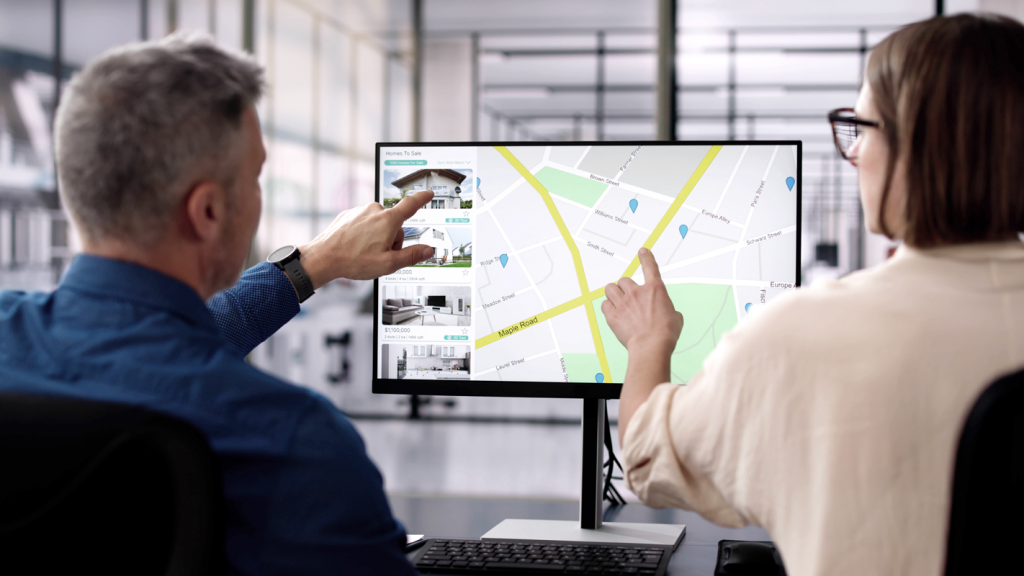
Site Safety
You (and your realtor, if you hired one) should spend time talking with the landlord about the space, any recent repairs, any needed repairs, and the age of current utilities. Ensuring the space fits your business now means you don’t encounter problems later, and ensures your customers and employees remain safe while on your property.
Zoning ordinances
Most neighborhoods are zoned either residential or business, but some are zoned for both. Some specific zoning configurations are unfriendly to, or outright restrictive to certain business types. The key here is knowing the zoning requirements so you don’t choose a location where your type of business is banned. A helpful resource is your city government office. Take a trip to visit your local office, call them, or find the office online before settling on a specific property.
Parking and Transportation
Your business location doesn’t matter if employees and clients alike can’t get there. This is especially true in smaller communities. If you open a candy store in the countryside, you’ll have a difficult time staying afloat if younger customers can’t easily visit via bus or on foot (setting up shop next to an elementary school might be the better plan). Conversely, if you locate your hardware and agriculture store in the big city, make sure your customers’ big rigs have someplace to park.
Accessibility
It’s especially important to ensure your location or office space is accessible. This can sometimes be a problem in older or rural locations. Are the doors wide enough to accommodate wheelchairs? Are there ramps that the elderly, small children, and others with mobility disabilities can easily and independently traverse? If you are a food service business, what are your accommodations for deaf or mute people?
Remember, accommodations aren’t special treatment. They’re aids that help improve your customer experience for all patrons.
Business Considerations
Commercial Space: Leasing versus Buying
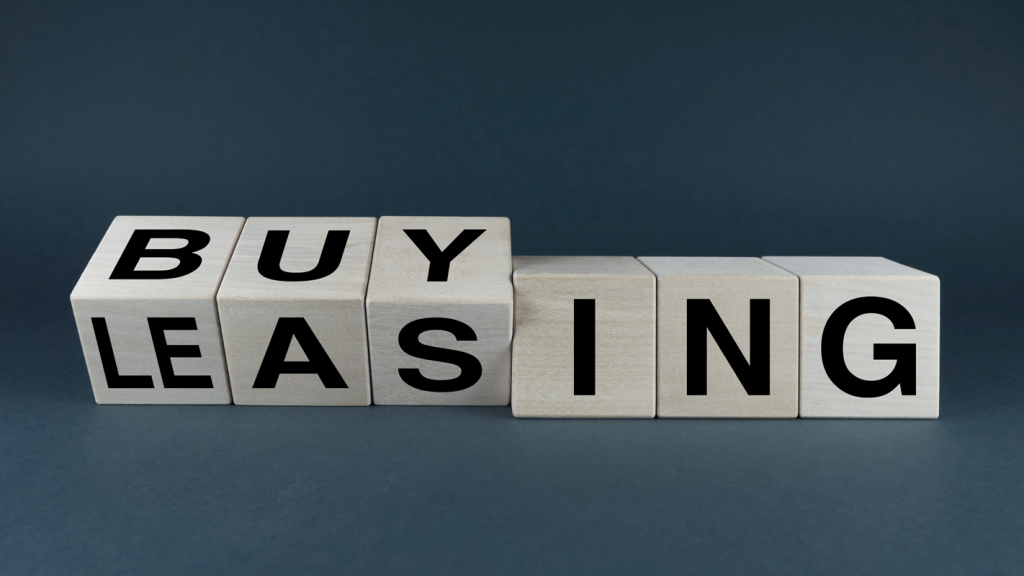
When it comes to real estate for your small business, you need to decide if you want to rent (i.e., sign a lease) or buy. Depending on where you live, purchasing real estate can be a lucrative investment, provided the real estate market is buyer-friendly. Business owners are often eligible for tax breaks if they own property, and the value of that property could rise over time, helping you in the long run. On the other hand, renting may be safer in the beginning, especially if you aren’t sure how long you want to own or run the business. The obvious pros to a commercial lease include avoiding a down payment and security deposit, and keeping the responsibility of building repairs squarely in the landlord’s lap.
What About Wages?
Just like real estate costs, wages differ by geographic area. What you pay staff to make mochas in downtown Manhattan is completely different from a small town in Idaho. Luckily, you can look at wages by location by visiting the United States Department of Labor, where you can quickly and easily see the information broken down by state. For example, the New York state minimum is $11.80 per hour, while Idaho is $7.25 per hour.
There may also be city minimum wages, so can check your city government websites. For the city of Seattle, for example, minimum wage slides on a scale depending on where you work and how many employees work at your company. In Washington, the state minimum wage is $13.50 per hour. However, if you’re opening a franchise within a retail chain of more than 500 employees, you’re expected to pay employees up to $16.39 an hour.
Wages are a business cost, but they’re also a business opportunity. Paying employees a living wage — especially when your competitors are not — communicates respect to the employee, and will earn you hard, loyal workers.
Franchisor Requirements
If you’re starting a franchise, be sure to consult your franchisor for what requirements they have around location selection. They may also have a location in mind for you already as the franchise attempts to spread its brand influence.
Consult Your Budget
So you’ve found your perfect location!
But can you afford it?
If you haven’t given much thought to your budget, take a moment to calculate some basic financials, including projections by location. You can use predictive analytics tools or leverage some of your other data if you have any so far.
It can be disappointing to find the perfect location and lack the resources to go through with the lease or purchase. Look into financing options if you haven’t yet. One popular funding option is Rollovers for Small Business Startups (ROBS), also called 401(k) business financing. With ROBS, you can use eligible retirement funds to start or purchase a small business or franchise debt-free. This process can even be combined with an SBA or business loan!
Existing or future strategies
For this question, think about your business plan (don’t have one yet? Here’s an article that can help you make one), and how many locations you expect to open. If you’re planning a single store, your plan may be different than if you are preparing to open a few different stores on different corners of your town.
If you expect that you’ll need a larger location as business improves, consider that as well. Do you want a space you can grow into, or is your business better suited to a cozy fit?
Business Relocation
Are you moving your business? Business relocation is an entirely different can of worms, but it can be done! Check out our guide on small business relocation.
Picking the Perfect Place for Your Small Business
You have a bit of work to do when it comes to finding the best location for your small business. From deciding whether you want to hire a real estate agent, to finding a space that accommodates your type of business, there is plenty to consider. You also need to build a business plan and analyze your customers, while bearing in mind the foot traffic, parking, and safety of your locale. Remember to talk to landlords and research wages in different areas, too. All your attention to detail now will pay off later when you’re sending customers off with a smile!
Call us today at 425-289-3200 for a free, no-pressure business consultation to get started — or pre-qualify in minutes for business financing now!

“When Falling Sky Brewing presented itself as a great opportunity for me, I needed the capital. Traditional lenders weren’t going to do it. I took a chance on myself that I could grow my business and my 401(k)… And I thought, ‘You know what? I could do this without overhanging debt.‘”
— Stephen Such, Falling Sky Brewing
Read the stories of REAL small business owners who work with Guidant.


